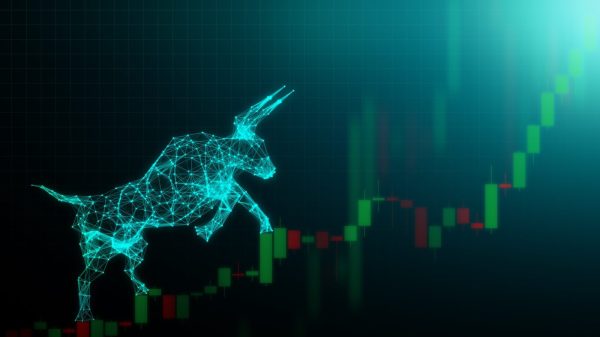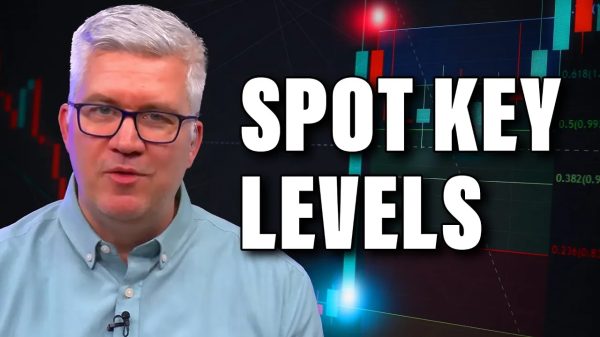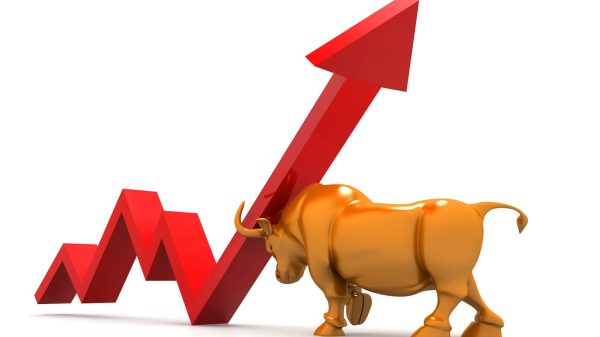Oil Trading in the Face of Middle East Conflict
Oil prices have seen a notable uptick in early trade on Thursday, primarily driven by escalating tensions in the Middle East. The ongoing conflict in the region has put the oil market on edge, as concerns grow about potential disruptions in oil supplies. This article delves into the impact of the ongoing tension on the oil trading market.
The Oil Market Landscape
A myriad of geopolitical factors constantly influences the global oil market, and the ongoing situation in the Middle East is no exception. Brent crude futures rose by 38 cents to $85.01 a barrel, while U.S. West Texas Intermediate crude futures gained 46 cents, reaching $80.90 a barrel. These price fluctuations are a direct reflection of the heightened tension in the region.
Middle East Conflict and Oil Supply
The Middle East crisis has reached a pivotal stage, as Iran’s Supreme Leader, Ayatollah Ali Khamenei, is calling on Muslim countries to stop exporting oil and food to Israel in response to Israel’s actions in the Gaza Strip. Iran, a significant member of OPEC, produced approximately 2.5 million barrels of crude oil in 2022. Any disruption in Iran’s oil production can have a ripple effect on global oil prices.
Additionally, Israel’s military actions in Gaza are causing further concerns. Israel’s continued offensive against Hamas militants has led to bombings in the densely populated Gaza Strip, both from land and sea. These actions not only have immediate consequences for the region’s security but also impact the flow of oil.
Oil Price Forum and Trading Crude Oil
Amid this turbulent scenario, the oil price forum becomes a crucial platform for discussions and assessments. Analysts and market participants are closely watching developments in the Middle East and their potential impact on trading crude oil. The uncertainties created by the conflict can lead to rapid price changes, causing traders to exercise caution and adjust their strategies accordingly.
Challenges for the Oil Sector
The Middle East conflict is not the only challenge that the oil sector faces. Beyond the geopolitical tensions, the global energy market has been impacted by factors such as inflation in the Eurozone and disappointing financial results from energy companies. October inflation in the Eurozone was at its lowest in two years, which may affect the European Central Bank’s interest rate decisions. Meanwhile, energy companies are grappling with poor financial performance, with Q3 202 earnings declining significantly.
Big Oil giants Exxon Mobil Corp. and Chevron Corp. have also fallen short of Wall Street’s expectations. These developments indicate that the oil sector is undergoing a period of uncertainty and pressure, not solely due to geopolitical conflicts but also due to internal challenges.
Oil Trading Amidst Ongoing Conflict
The oil market is facing increasing volatility due to the ongoing Middle East conflict. The rise in oil prices directly responds to the uncertainties and concerns about potential supply disruptions. As Iran, a key OPEC member, responds to the conflict and Israel’s military actions continue, the situation remains fluid and uncertain. The oil trading community closely watches the situation, adjusting their strategies accordingly. While geopolitical conflicts are pivotal in oil price fluctuations, the sector also grapples with other challenges, such as economic factors and corporate performance. As the Middle East conflict unfolds, the world remains on edge, monitoring the oil market for further developments.
The post Oil Trading in the Face of Middle East Conflict appeared first on FinanceBrokerage.























